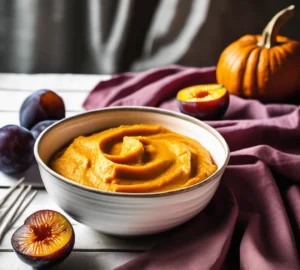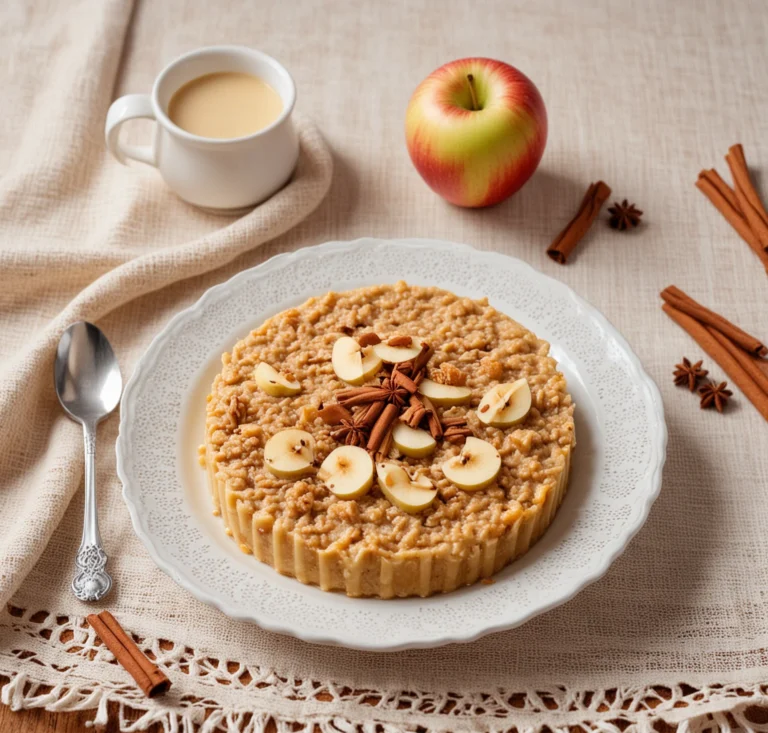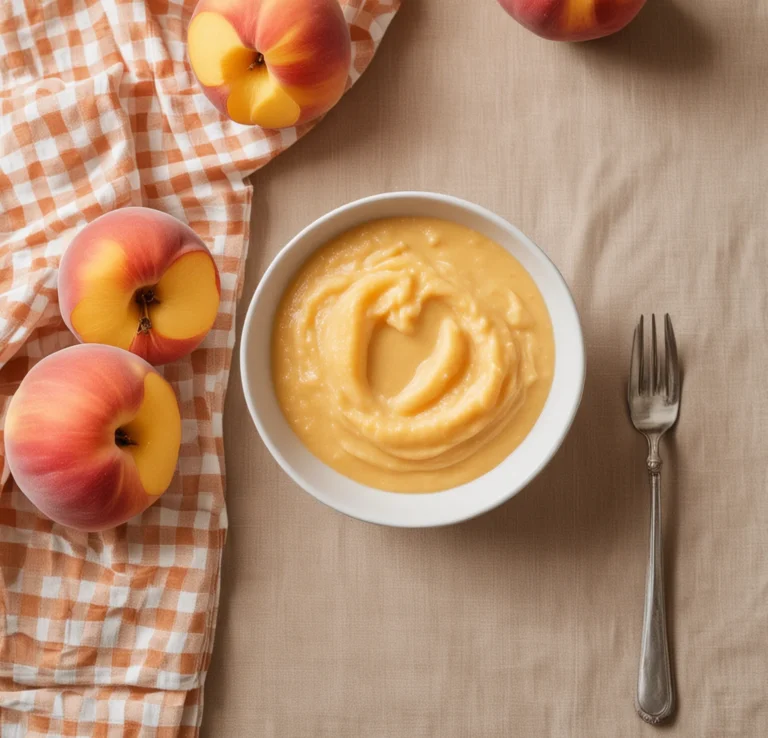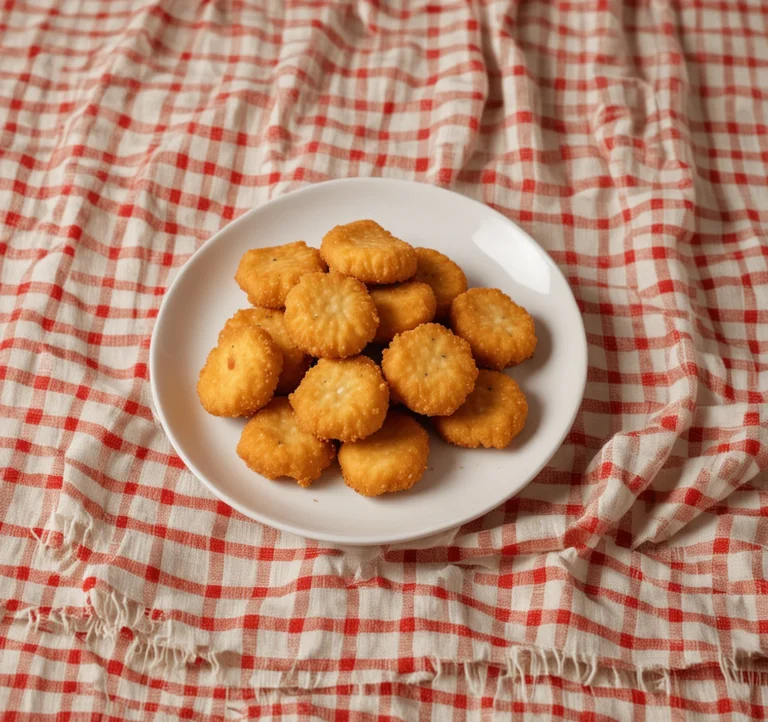Pumpkin for babies stands out as a valuable food choice, thanks to its richness in beta-carotene, essential for vision enhancement. Delve into the multitude of benefits pumpkin offers for infants in this comprehensive guide, including a collection of delectable pumpkin-based recipes tailored for little ones.
Delicious Pumpkin Recipes for Babies
Nutrient-Rich Pumpkin Puree with Corn and Carrots (6 months+)
This vibrant orange puree is a powerhouse of nutrients, promoting your baby’s vision, nerve, bone, and brain development. Prepared in just 10 minutes with three wholesome ingredients—pumpkin, carrots, and corn—it’s perfect for chilly seasons, bolstering your baby’s immunity against pathogens.
Loaded with vitamins A, B, C, D, K, E, beta-carotene, fiber, magnesium, potassium, and calcium, this puree is as nutritious as it is colorful and flavorful.
Ingredients:
- 1/2 cup pumpkin, peeled and cubed
- 1 1/2 cups carrots, cubed
- 1/4 cup fresh corn kernels
- A dash of cinnamon powder
- Chicken broth or breast milk, to adjust consistency
Instructions:
- Wash and peel the pumpkin and carrots, then cut them into small cubes.
- Steam the pumpkin and carrots until tender, adding the corn during the last few minutes of cooking.
- Transfer all the cooked ingredients to a blender and puree until smooth.
- Strain the puree for a smoother texture if desired.
- Adjust the puree’s consistency with chicken broth or breast milk, and sprinkle with cinnamon powder for added flavor.
- Serve this nutritious fall delight to support your baby’s growth and development.

Pumpkin Pancakes for Toddlers (1 year+)
Indulge your little one with these wholesome pumpkin pancakes, perfect for toddlers aged 1 year and older. Bursting with flavor and nutrition, these pancakes are a delightful treat for breakfast or snack time.
Ingredients:
- 1 cup whole wheat flour
- 1/2 cup steamed and pureed pumpkin
- 2 tablespoons brown sugar
- 1 teaspoon baking powder
- A pinch of cinnamon
- 1 cup milk
- 1/8 teaspoon vanilla extract
- 1 egg
- 2 tablespoons unsweetened applesauce
- Butter, for greasing the pan
- A pinch of salt
Instructions:
- In a bowl, mix together the dry ingredients: sugar, flour, baking powder, cinnamon, and salt.
- In another bowl, combine the wet ingredients: milk, vanilla, pumpkin puree, applesauce, and egg.
- Gradually add the wet ingredients to the dry ingredients, mixing until well combined.
- Heat a pan over low heat and grease with butter.
- Pour ladlefuls of pancake batter onto the pan and cook until golden brown on both sides.
- Serve with a drizzle of honey for added sweetness.
(Note: For an apple sauce topping, steam 2 sweet and ripe apples with lime peel and cinnamon, then puree until smooth.)

| Learn how to cook Healthy Baked Pumpkin Donuts. |
Pumpkin Puree with Yogurt and Plums for Relieving Constipation in Babies
Ease your baby’s discomfort with this simple yet effective pumpkin puree, enriched with yogurt and plums to alleviate constipation. With just 15 minutes of preparation time, this seasonal delicacy is packed with fiber, aiding in improved bowel movements.
This recipe is suitable for inclusion in your child’s diet from the age of 6 months, ensuring you’ve introduced all ingredients beforehand. It’s advisable to consult with a doctor before introducing new foods.
Ingredients:
- 1/2 cup steamed pumpkin, cubed
- 3 plums, soaked in hot water until tender
- 1/2 cup Greek yogurt
- Optional: a dash of cinnamon for enhanced flavor
Instructions:
- Bring a pot of water to a boil.
- Place the cubed pumpkin in a steamer basket and steam until fully cooked.
- Wash the plums thoroughly with cold water, then soak them in hot water until soft. Remove the cores.
- In a blender, puree the cooked pumpkin, softened plums, and Greek yogurt until smooth.
- Pass the puree through a strainer for a smoother consistency.
- Optionally, add a sprinkle of cinnamon for additional flavor.
- Store the puree in a closed container in the refrigerator for up to 4 days.

Nutritious Pumpkin Soup for Babies (8 months+)
Introduce your little one to the goodness of pumpkin with this flavorful and nutritious soup, featuring garlic and pepper for added depth of flavor. Rich in minerals, fiber, and vitamins, pumpkin is an excellent addition to your baby’s diet, best introduced from 8 months of age.
Ingredients:
- 1 cup cubed squash
- 2 tablespoons grated onion
- 2 cloves of garlic, grated
- 2 cashews or almonds
- 2 walnuts
- 1 tablespoon olive oil
- Water, as needed
- Pepper powder, to taste
Instructions:
- Heat olive oil in a pan over low heat.
- Sauté grated onion until translucent, then add grated garlic.
- Roast the cubed squash in the oven until tender.
- Add roasted squash, cashews, and walnuts to the pan, and fry until well combined.
- Pour in water and simmer until the soup reaches desired consistency.
- Transfer the mixture to a blender and puree until smooth. Strain if necessary.
- Season with pepper powder to taste.
- Ensure the soup is not too watery before serving.

Click here to learn another delicious recipe for an Easy Pumpkin Soup for kids.
Nutritional Breakdown of Steamed Pumpkin for babies
Pumpkin boasts low fat and calorie content while packing a punch with fiber and vital minerals. Here’s a snapshot of its nutritional profile (per 100 grams):
- Energy: 26 kcal
- Water: 91 grams
- Sugar: 2.8 grams
- Carbohydrates: 6.5 grams
- Protein: 1 gram
- Lipid Fat: 0.1 gram
- Fiber: 0.5 grams
- Iron: 0.8 mg
- Calcium: 21 mg
- Magnesium: 12 mg
- Potassium: 340 mg
- Phosphorus: 44 mg
- Vitamins: C (9 mg), B6 (0.06 mg), E (1.1 mg), K (1 gram), Folate (16 grams)
- Zinc: 0.3 mg
- Sodium: 1 mg
- Thiamine: 0.05 mg
- Niacin: 0.6 mg
- Riboflavin: 0.1 mg
Health Benefits of Pumpkin for Babies
- Essential Nutrient Source: Loaded with vitamins and minerals like calcium, magnesium, and phosphorus, pumpkin supports bone strength and enhances brain function.
- Visual Health Booster: A vitamin A powerhouse, pumpkin for babies aids in maintaining optimal vision and contains carotenoids that ward off visual system disorders.
- Digestive Aid: Fiber-rich pumpkin aids digestion, regulates bowel movements, and alleviates constipation in infants.
- Antioxidant-Rich: Beta-carotene in pumpkin acts as an antioxidant, preventing oxidative damage and promoting overall health.
- Skin Radiance: Carotenoids in pumpkin contribute to skin clarity and health, combating skin ailments.
- Energy Enhancer: Potassium-packed pumpkin for babies boosts energy production, maintains electrolyte balance, and supports muscle function.
- Immunity Booster: Vitamin C-rich pumpkin, coupled with antimicrobial properties, strengthens the immune system, warding off illnesses.
- Sleep Quality Improvement: Tryptophan in pumpkin induces serotonin production, facilitating deep and restful sleep.
- Anti-Parasitic Properties: Pumpkin’s anti-parasitic traits safeguard infants against digestive system invaders, ensuring a healthier life.
Introduction of Pumpkin to Baby’s Diet
Safely incorporate pumpkin into your baby’s meals starting from 6 months of age. This nutritious vegetable bolsters the immune system and fights harmful intestinal parasites. Follow pediatricians’ advice to introduce solid foods post-6 months when teeth begin to emerge, aligning with pumpkin introduction.
Choosing the Right Pumpkin for Babies
- Opt for locally grown pumpkins for freshness.
- Select intact, round, and uniformly orange pumpkins.
- Prefer smaller varieties for infants.
- Choose pumpkins with stems for longer shelf life.




[…] Read This article about Pumpkin for Babies; Benefits and Recipes. […]